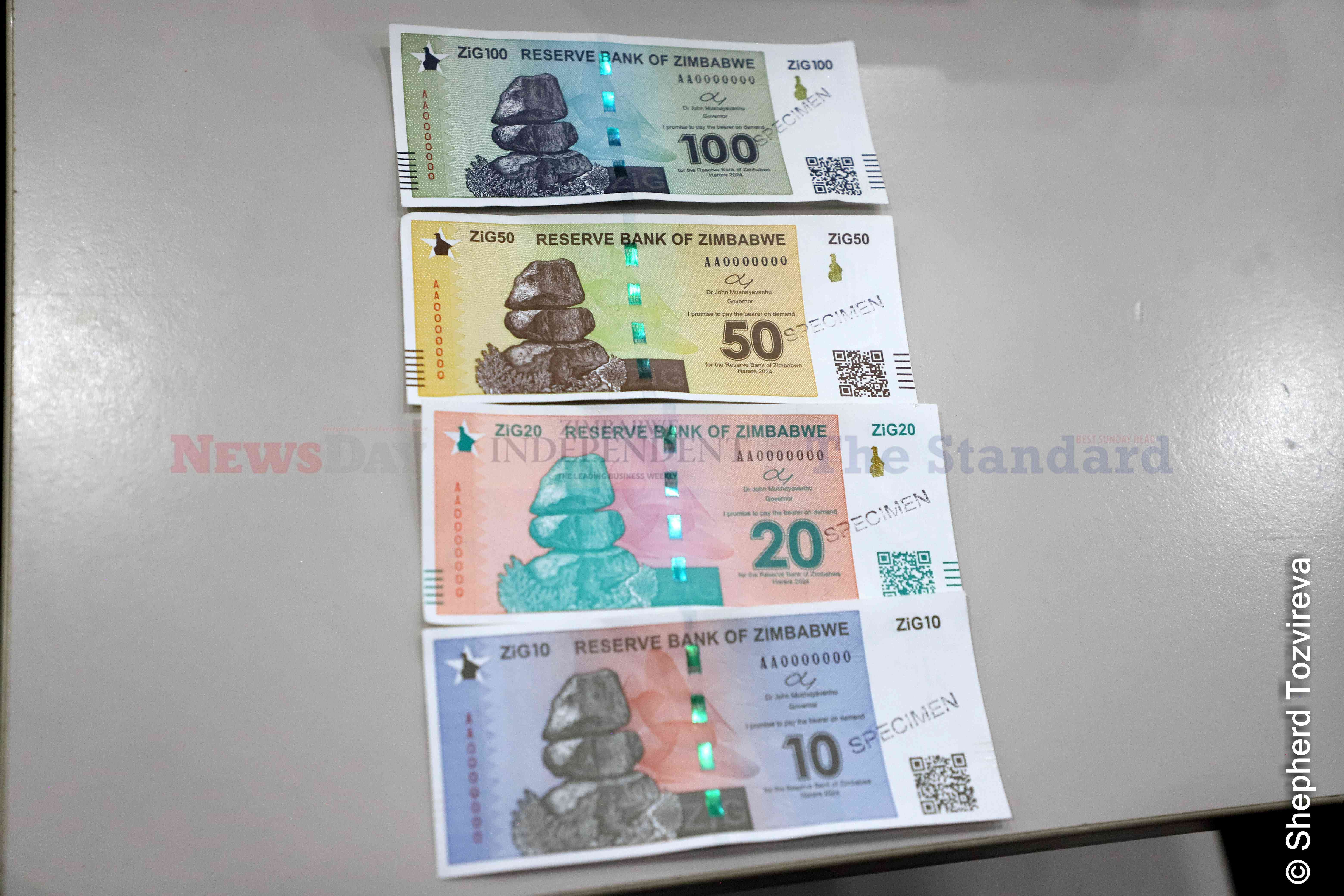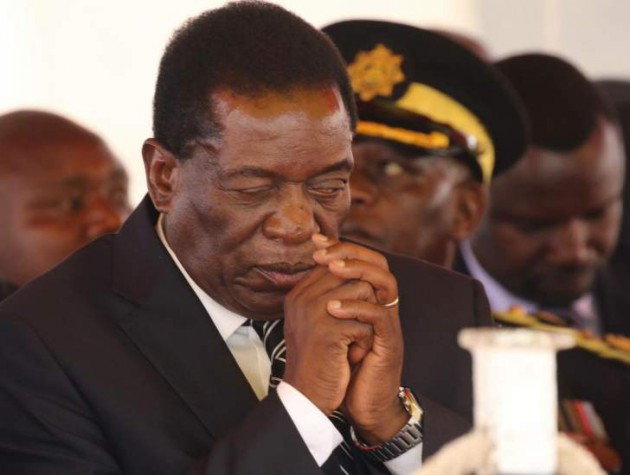
BY TATIRA ZWINOIRA
Parliament says the central bank must hold foreign currency auctions daily rather than weekly to ensure the stability of the Zimbabwe dollar.
Over the last three weeks, the local unit has marginally appreciated against the United States dollar to US$1:$81,71.
The appreciation is largely due to Covid-19 lockdown measures, limits on mobile money transactions and daily transfer limits as well as efforts to contain money supply through reserve targeting.
As a result, debate has raged on whether the appreciation of the Zimbabwe dollar is genuine or is it just circumstantial.
“The RBZ (Reserve Bank of Zimbabwe) can increase the frequency of auctions per week after successfully getting it off the ground.
“Lessons can be drawn from Angola, which started with weekly auctions and gradually gravitated to three times a week before increasing to daily auctions,” said Parliament in its 2020 mid-year monetary policy review released last week.
“Effective implementation is key to success. Supply side interventions are now critical to ensure uninterrupted forex supply.
- Chamisa under fire over US$120K donation
- Mavhunga puts DeMbare into Chibuku quarterfinals
- Pension funds bet on Cabora Bassa oilfields
- Councils defy govt fire tender directive
Keep Reading
“The mistakes of 2004, where the auction system degenerated into an allocation system, should be avoided.
“Interference with the market mechanism and monetary indiscipline lead to inefficiencies that will cause the total collapse of the auction system as well as failure to defend the local currency.”
Parliament said monetary authorities should worry about stability of the exchange rate and not worry about the value.
“The auction system must be supported by comprehensive reforms,” added Parliament.
“Fiscal balance and tight monetary policy must be implemented to support it.
“Countries that successfully implemented the auction system later on merged it with the interbank market or used it in tandem with the interbank market.
“The monetary authorities should, through the adopted reserve money targeting system, continue to fight inflation.
“Exchange rate stability will be achieved when economic agents perceive the local currency as a store of value.”
Parliament said there was need to decentralise the auction system to involve commercial banks.
“There is need to decentralise the auction system to be managed by commercial banks and allow the gap between the auction rate and parallel rate to close so as to encourage forex liquidation in the formal market,” reads the research from Parliament.
Parliament, however, acknowledged that liberalising the foreign exchange market was a gradual process rather than something that would be achieved overnight.
“The central bank must ensure that winning bidders on the auction market get their foreign currency on time to squeeze out the parallel market,” the report added.
Persistence Gwanyanya, a Harare-based economist, said the RBZ must ensure the auction system was credible if it has to withstand the test of time.
“The government should take advantage of this window of opportunity regarding this stability to now strengthen the fundamentals to foster growth in production and productivity,” Gwanyanya said.
He said the true picture of the local currency “stabilising” would be seen as Covid-19 restrictions locally, regionally and internationally are lifted.










